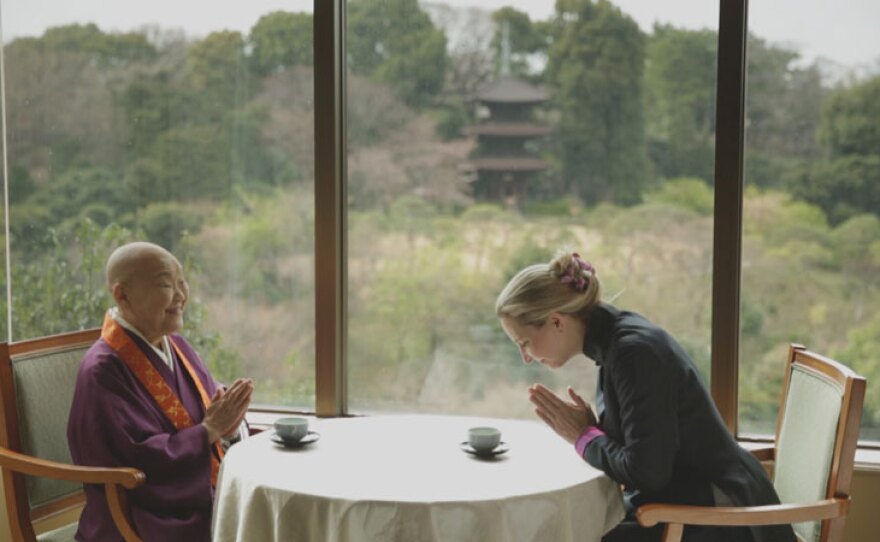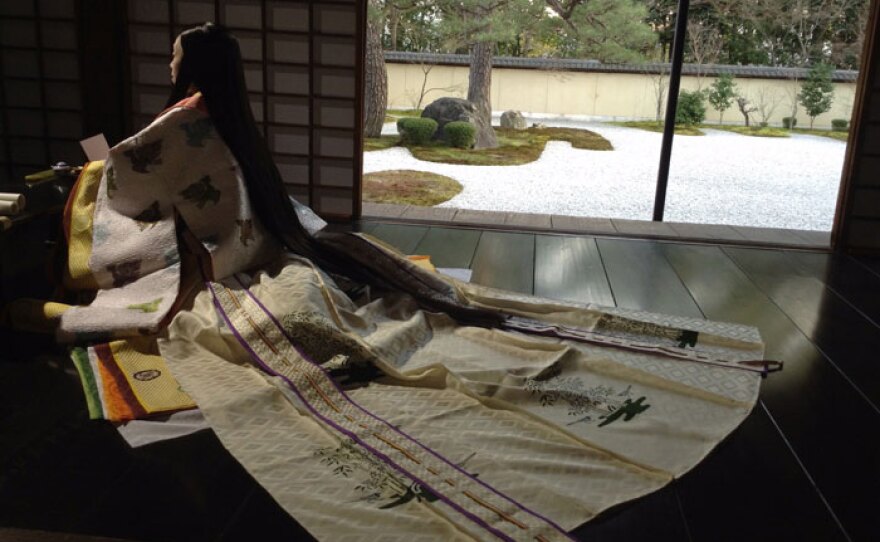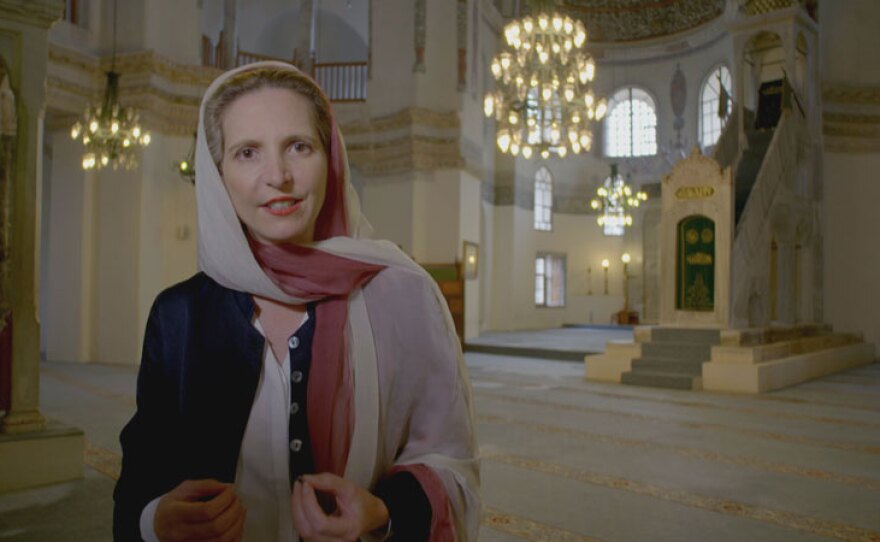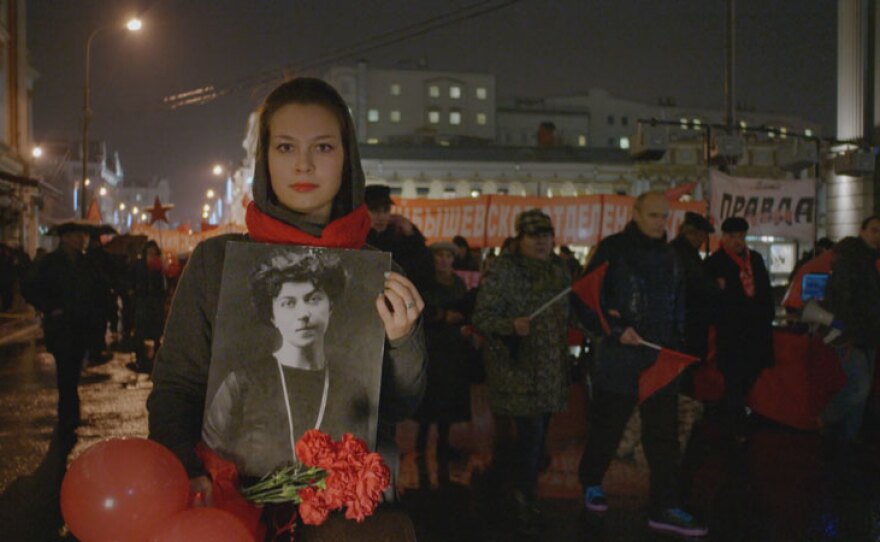In THE ASCENT OF WOMAN: A 10,000 YEAR STORY, Dr. Amanda Foreman journeys around the world to study the experiences and expectations of women living in various societies throughout history.
Through her travels, she discovers that while there was no “blueprint” for gender inequality in early human settlements, civilization and patriarchy often went hand-in-hand. While some ancient societies – such as Egypt – remained more permissive, others – such as Athens and Assyria – completely removed women from public life.
Over the course of this fascinating four-episode series, Dr. Foreman examines the lives of numerous extraordinary women who created their own routes to power, from ancient times through modern political movements.
Follow @ascentofwoman on Twitter.
EPISODE GUIDE:
Episode 1: “Civilization” repeats Sunday, Jan. 15 at 11 p.m. - Dr. Amanda Foreman travels to several countries including Turkey, Siberia, and Greece, as she explores the history of women from the earliest urban settlements to the sprawling empires of the classical world.
Tackling many of the subjects ignored by traditional history, Dr. Foreman investigates the origins of patriarchy, the silencing of women, the rise of the veil, the truth behind the Amazons, and the possibility of female agency in the ancient world.
Episode 2: “Separation” repeats Sunday, Jan. 22 at 11 p.m. - Dr. Amanda Foreman explores the rise of 'separate spheres' among early Confucian and Buddhist societies, as well the origins of the cosmic ordering of the female Yin and male Yang.

She interrogates the extent to which women accepted or resisted the inferior status allotted to them under Confucianism, using the example of the Trung Sisters' rebellion in 1st century Vietnam; Empress Wu Zetian's palace coup in the 7th, making her China's only female ruler; the impact of Lady Murasaki Shikibu - the world's first novelist - on Japanese culture; and, the rise of foot-binding during the Song Dynasty.

Episode 3: “Power” repeats Sunday, Jan. 29 at 11 p.m. - Dr. Amanda Foreman travels to Istanbul, Germany, London, Paris and Delhi to explore the ways in which women created their own routes to power, often subverting to their advantage the very restrictions placed on them.

This episode showcases the achievements of six extraordinary women, from Empress Theodore of Byzantium to Nur Jahan of Mughal India. Dr. Foreman argues that it's time for history to embrace the fact that if women are excluded from the narrative, not only are the wrong questions being answered, but an untruth is being told.

Episode 4: “Revolution” repeats Sunday, Feb. 5 at 11 p.m.- Dr. Amanda Foreman travels from east to west, including Russia, Britain, France and the United States, as she asks whether any of the modern revolutions actually delivered on their promises to women.

From the French Revolution of the 18th century to the Arab Spring in the 21st century, Dr. Foreman argues that women have played an indispensable role, only to have their hopes betrayed as one patriarchal hierarchy is replaced by another. The remedy, she claims, is to create a different kind of revolution that isn't about winners and losers but is about equal participants.

Produced by DCD Rights Limited. Distributed by American Public Television.






